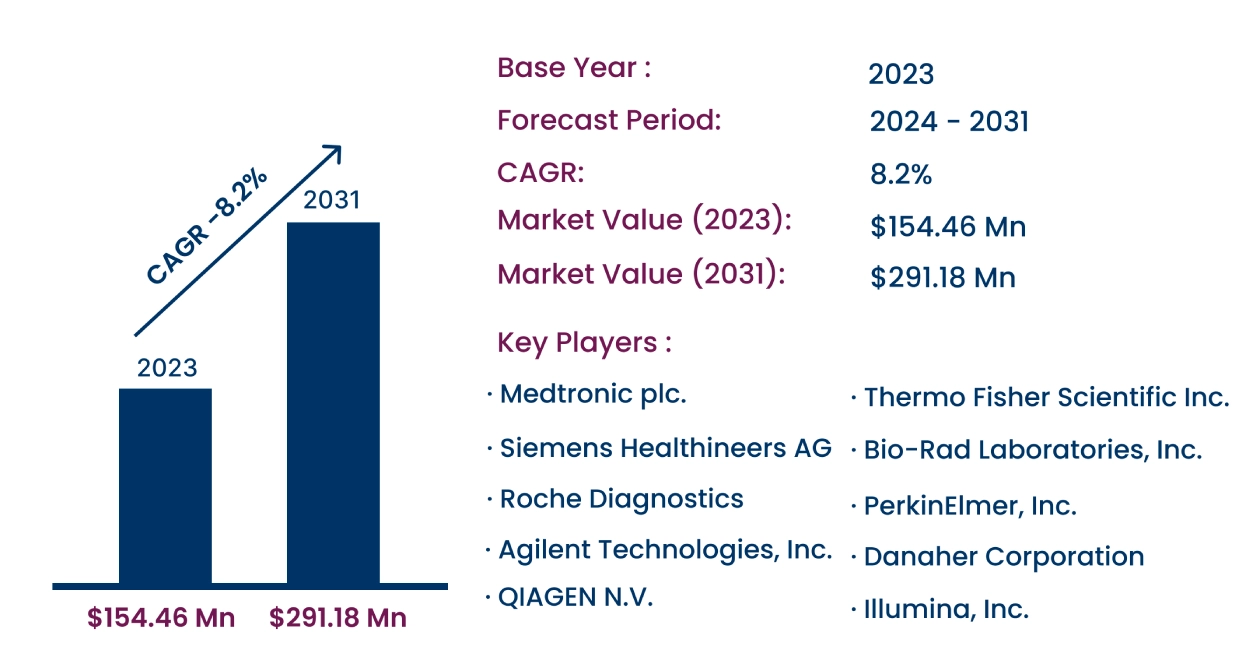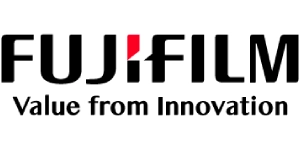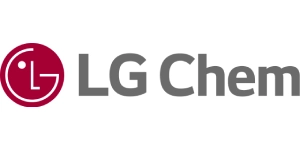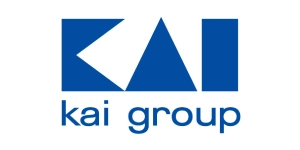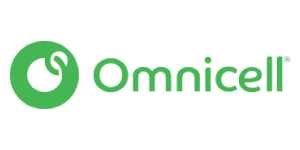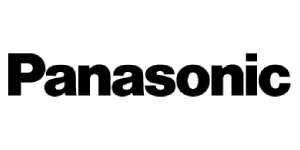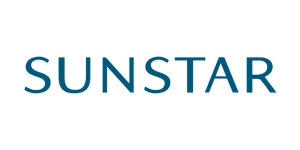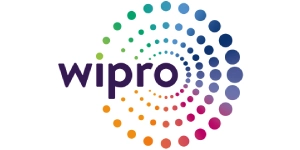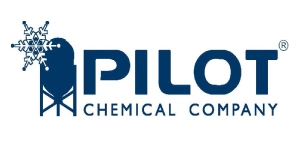Global Abetalipoproteinemia Monitoring Systems Market to Reach USD 291.18 Million by 2031 | CAGR of 8.2%
Category : Healthcare | Published Date : Nov 2024 | Type : Press Release
Abetalipoproteinemia Monitoring Systems Market Scope & Overview:
As per the Consegic Business Intelligence newly published report, the Abetalipoproteinemia Monitoring Systems Market was valued at USD 154.46 Million in 2023 and is projected to reach USD 291.18 Million by 2031, growing at a CAGR of 8.2% from 2024 to 2031. Abetalipoproteinemia monitoring systems are specialized medical devices designed to track and manage abetalipoproteinemia, a rare genetic disorder that affects the absorption of dietary fats, cholesterol, and fat-soluble vitamins. These monitoring systems are vital in providing continuous data on lipid levels, fat-soluble vitamin deficiencies, and other health parameters, thereby allowing healthcare professionals to adjust treatment plans and improve patient outcomes.
The report comprises the Abetalipoproteinemia Monitoring Systems Market Share, Size & Industry Analysis, By Diagnosis (Molecular Genetic Testing, Blood Testing), End-User (Hospitals, Diagnostic Laboratories, Research Institutes, Specialty Clinics, Others), and By Region (North America, Europe, Asia-Pacific, Latin America, Middle East & Africa), and Forecast, 2024-2031.
The report contains detailed information on Abetalipoproteinemia Monitoring Systems Market Trends, Opportunities, Value, Growth Rate, Segmentation, Geographical Coverage, Company Profile, In-depth Expert Analysis, Revenue Forecast, Competitive Landscape, Growth Factors, Restraints or Challenges, Environment & Regulatory Landscape, PESTLE Analysis, PORTER Analysis, Key Technology Landscape, Value Chain Analysis, and Cost Analysis.
Advancements in diagnostic technologies and growing awareness of rare genetic disorders are key drivers of market growth, while high costs and limited accessibility are expected to hinder market expansion.
Segmental Analysis :
Based on diagnosis, the market is bifurcated into molecular genetic testing and blood testing.
- Molecular genetic testing accounted for the largest market share in 2023, driven by its ability to detect mutations in the MTTP gene responsible for abetalipoproteinemia. The increasing focus on early and accurate diagnosis of rare genetic disorders is propelling the demand for genetic testing solutions.
- Blood testing is expected to grow at the fastest rate, owing to its critical role in tracking lipid profiles and fat-soluble vitamin levels, which are essential in monitoring the disease and adjusting treatment plans.
Based on end-users, the market is segmented into hospitals, diagnostic laboratories, research institutes, specialty clinics, and others.
- Hospitals held the largest revenue share of 35.67% in 2023, supported by the availability of advanced diagnostic tools and specialized care for patients with abetalipoproteinemia. Hospitals provide comprehensive care, including genetic counseling and long-term monitoring.
- Diagnostic laboratories are projected to register the fastest CAGR during the forecast period due to their increasing role in conducting advanced genetic and biochemical tests, essential for early diagnosis and ongoing monitoring of the condition.
Based on regions, the global market is segmented into North America, Europe, Asia-Pacific, Middle East & Africa, and Latin America.
- North America led the market in 2023, driven by its advanced healthcare infrastructure, high awareness of rare genetic diseases, and strong research focus. The U.S. plays a significant role in market development with growing research efforts and the presence of specialized medical centers.
- Asia-Pacific is expected to witness the fastest growth, fueled by increasing healthcare access in countries like China, Japan, and India, along with government initiatives aimed at expanding healthcare infrastructure and rare disease management.
| Report Attributes | Report Details |
| Study Timeline | 2018-2031 |
| Market Size in 2031 | USD 291.18 Million |
| CAGR (2024-2031) | 8.2% |
| By Diagnosis | Molecular Genetic Testing, Blood Testing |
| By End User | Hospitals, Diagnostic Laboratories, Research Institutes, Specialty Clinics, Others |
| By Region | North America(U.S., Canada, Mexico) Europe(U.K., Germany, France, Spain, Italy, Russia, Benelux, Rest of Europe) APAC(China, South Korea, Japan, India, Australia, ASEAN, Rest of Asia-Pacific) Middle East & Africa(GCC, Turkey, South Africa, Rest of MEA) LATAM(Brazil, Argentina, Chile, Rest of LATAM) |
Top Key Players & Competitive Landscape :
The competitive landscape features leading healthcare companies, investing in product development and innovative diagnostic technologies to cater to the growing demand for abetalipoproteinemia monitoring systems.
List of prominent players in the Abetalipoproteinemia Monitoring Systems Industry:
- Medtronic plc (Ireland)
- Thermo Fisher Scientific Inc. (USA)
- Bio-Rad Laboratories, Inc. (USA)
- Siemens Healthineers AG (Germany)
- Roche Diagnostics (Switzerland)
- PerkinElmer, Inc. (USA)
- Agilent Technologies, Inc. (USA)
- Danaher Corporation (USA)
- QIAGEN N.V. (Netherlands)
- Illumina, Inc. (USA)
Recent Industry Developments :
- In March 2024, UTMHealthcare and Somml Health launched NuLink Health, a remote monitoring system designed to manage high-risk patients with rare genetic conditions like abetalipoproteinemia, reducing hospital readmissions with real-time data integration.
- In May 2022, Geisinger introduced ConnectedCare365, a virtual care platform to help patients with chronic conditions, including rare genetic diseases, track health metrics, and maintain regular communication with care teams.
